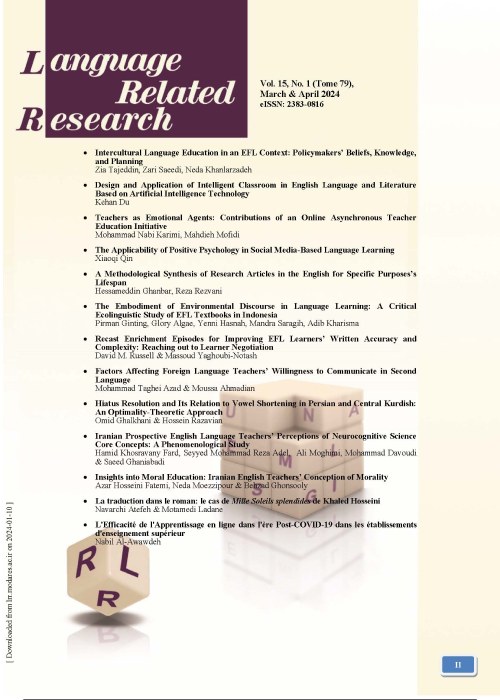Hjelmslev in the History of Linguistic Ideas: An interview with Christian Puech and Sémir Badir
Louis Hjelmslev is a prominent figure in the history of Linguistics. As a linguist, his works and theory (usually referred to under the name of “Glossematics”) have largely contributed to the demand for a "theory of language". However, his studies have in fact extremely surpassed the boundaries of ordinary linguistics: by embarking on language, he has proposed an innovated immanent semiotic epistemology that, on the one hand, could lead to a holistic and general formal science, and on the other hand, could provide a gnoseology capable to be introduced as an alternative for other philosophical versions. His doctrine in linguistics did not receive an appropriate acceptance beyond the Circle of Copenhagen and many linguists abandoned his theory, considering it too sophisticated and too mathematical. But beyond linguistics, his ideas have been partially followed in a new scientific discipline called “semiotics” (especially in France). On the whole, Hjelmslev occupies an ambivalent position in the history of linguistic theories: he is an abandoned founder. How can we explain this situation? What are the sources of Hjelmslev’s approach? How can we describe its basic characteristics in relation to other linguistic approaches? What are his legacies? To what extent can we contribute to his doctrine today? What are the recent works on Hjelmslev’s theory? These are some basic questions we seek to answer in our dialogue with Christian Puech, historian of linguistic theories and retired professor at the University of Sorbonne-Nouvelle, and Semir Badir, specialist in the Hjelmslevian theory and professor of semantics, semiotics and epistemology of language at the University of Liege. In this dialogue, we realize that Hjelmslev’s approach to Saussure, unlike that of the Linguistic School of Prague, was not to dismiss master’s ideas but to deepen and radicalize them. Hjelmslev’s theoretical skeleton is relied on two conceptual pairs: form/substance and expression/content. Hjelmslev’s main question is not metaphysical, but epistemological: "what are the conditions for constructing knowledge about language?" In his theory, he seeks to build a calculus system, and in this respect he has an absolutely formalistic approach. Hjelmslev’s theory has three special features: its very unique power of abstraction, its reliance on immanent logic, and its simultaneous realism and irrealism. Contrary to popular belief, many structuralist theories, as well as French semiotics, are based on the views of Hjelmslev. In fact, his theory is both the theoretical basis of the semiotic project and the guarantee of its identity. Today, when semiotic theory needs to be revised, it is the re-reading of Hjelmslev that feeds on the newly proposed concepts of semiotics. However, we have very scattered and limited knowledge about this theory. Much work still remains to be done. In recent years, some researchers have seriously examined Hjelmslev's theory of language that we should wait to see how this return will affect our knowledge of language.
- حق عضویت دریافتی صرف حمایت از نشریات عضو و نگهداری، تکمیل و توسعه مگیران میشود.
- پرداخت حق اشتراک و دانلود مقالات اجازه بازنشر آن در سایر رسانههای چاپی و دیجیتال را به کاربر نمیدهد.



